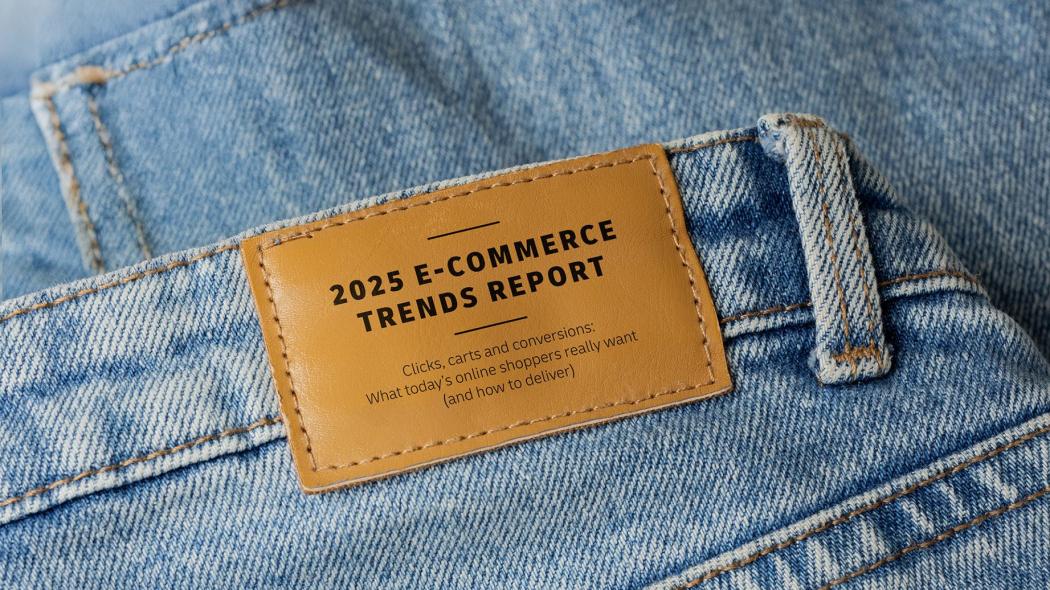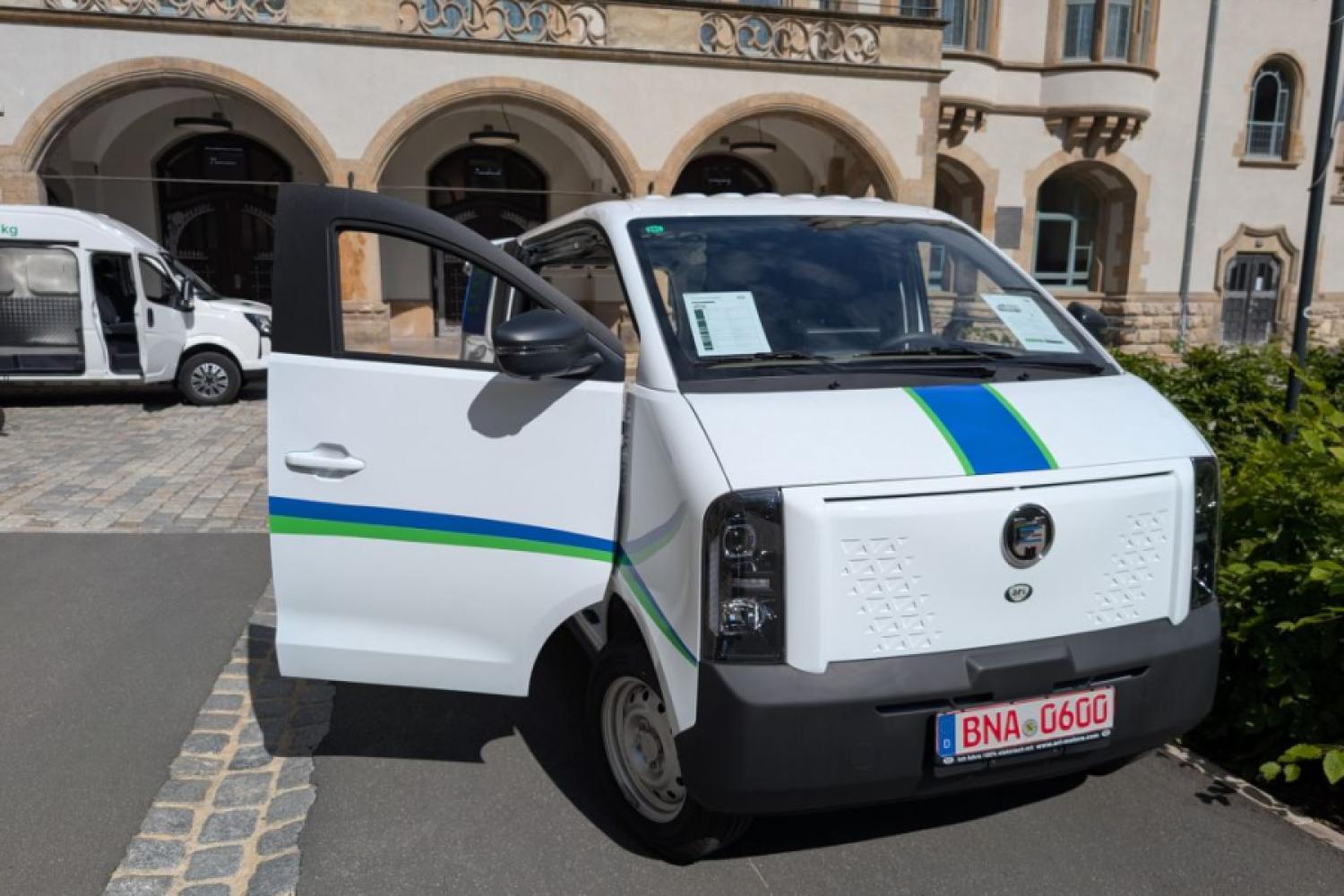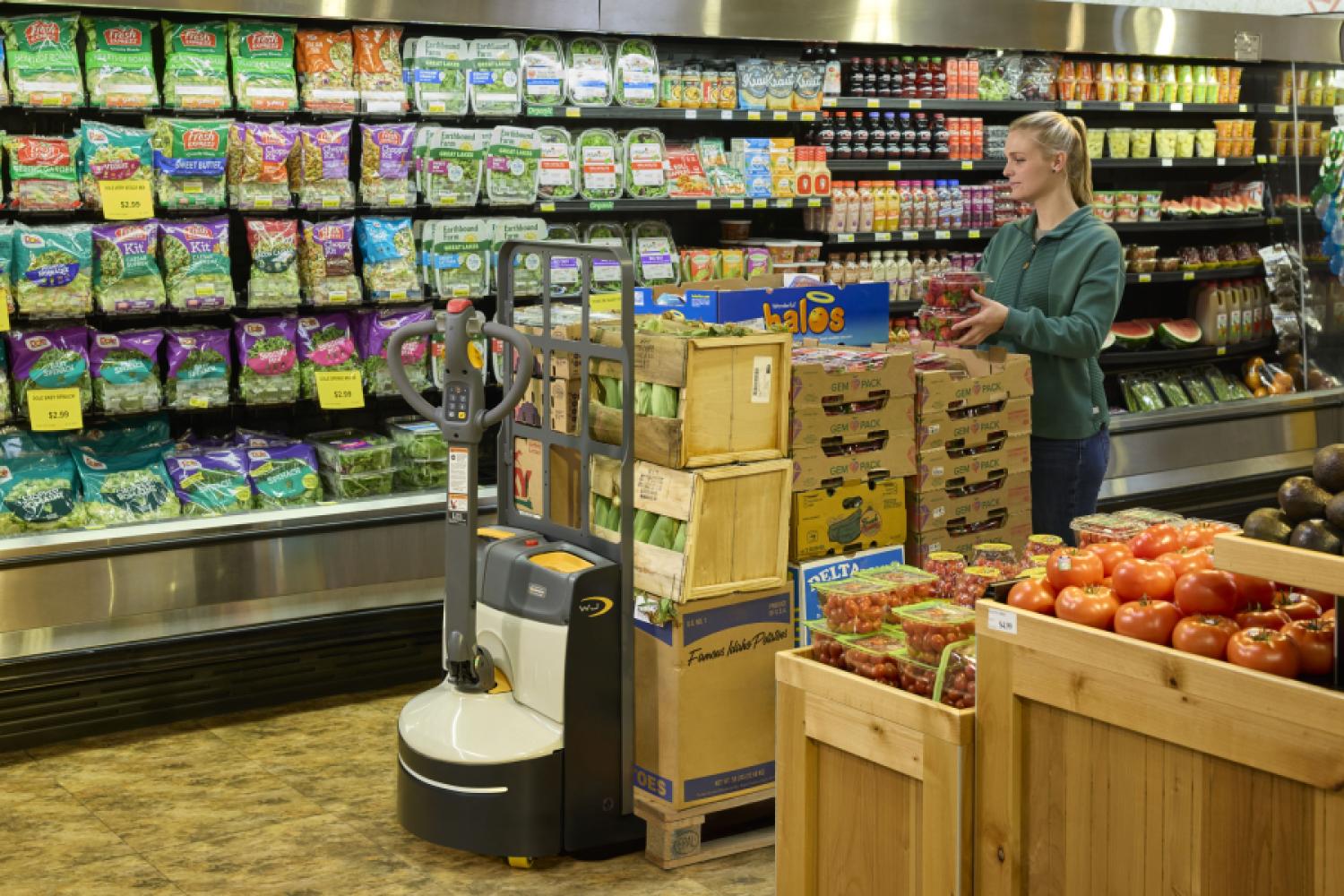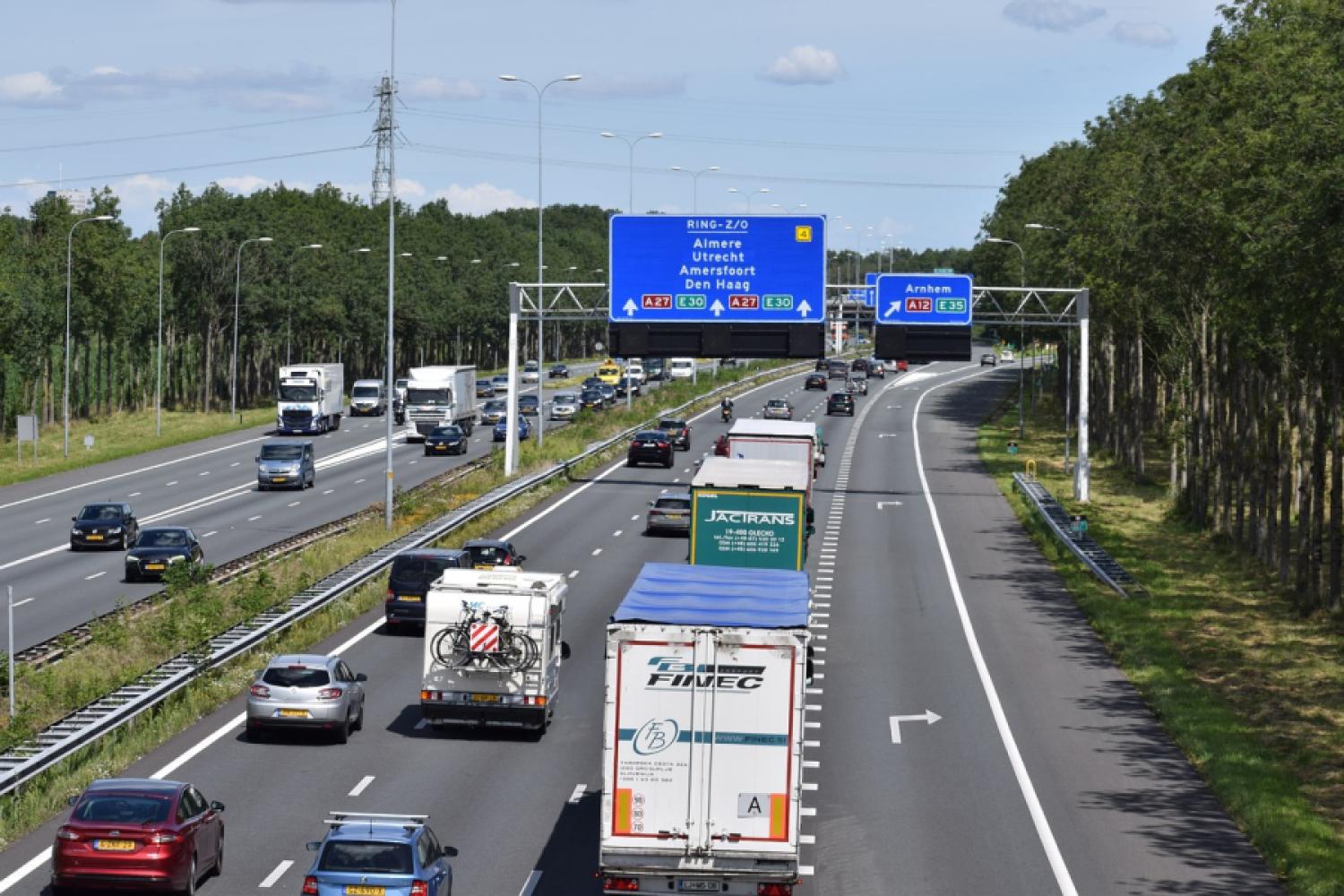DHL E-Commerce released its current E-Commerce Trends Report for 2025 on June 4, which is based on insights from surveys of 24,000 online shoppers in 24 key markets worldwide. According to the company, this year's report includes eight chapters and considers six shopper types as well as four generational segments to demonstrate how changing consumer expectations are reshaping the face of online commerce. While the report covers everything from cross-border shopping to the popularity of sales events such as Black Friday, DHL E-Commerce highlights four key developments: how AI and social commerce are transforming online shopping, the crucial role of delivery options concerning conversion rates, and the impact of sustainability on customer loyalty.
"It is important to understand that there is not just one type of online shopper or one type of market in e-commerce. The reasons for purchase abandonment can be very diverse. Our E-Commerce Trends Report analyzes the trends and developments shaping online shopping worldwide to help our customers further develop their business. Logistics plays a crucial role in this process, and we see ourselves as a partner providing our customers with relevant insights, expertise, and solutions to increase their success," said Pablo Ciano, CEO of DHL E-Commerce.
Advancements in generative AI are heralding the next industrial revolution. But how will Artificial Intelligence impact online shopping? DHL's E-Commerce Trends Report shows that AI is one of the most demanded innovations among consumers: seven out of ten shoppers worldwide (57 percent in Germany) desire online retailers to offer AI-supported shopping features. Virtual fittings, AI-powered shopping assistants, and voice-controlled product searches top the list of features consumers are eager to actively use. Shopping by voice is already on the rise: 37 percent of online shoppers globally (30 percent in Germany) - and almost half of social commerce users - shop by voice command. With increasing digital expectations, there is also a rising demand for intuitive, technology-supported shopping experiences that combine functionality and entertainment, according to DHL in the report.
The traditional website-based online shop is increasingly being replaced or bypassed by social platforms. Consumers use apps like TikTok, Instagram, and Facebook not only for browsing but also for shopping. Seven out of ten shoppers (53 percent in Germany) report having already shopped via social media, and the same share expects social media platforms to become their primary online marketplace by 2030. Social media also drives decision-making: 82 percent of shoppers
(77 percent in Germany) say that viral trends and social buzz influence their purchasing decisions. TikTok, in particular, is driving the shift in emerging markets like Thailand, where 86 percent of online shoppers report shopping via the app. In Germany, 34 percent designate Instagram as their preferred social media platform.
Social Media Transforms Shopping Experience
The shift to social commerce signals a crucial change in how and where brands need to engage with their target audiences, necessitating seamless, mobile-native experiences designed for in-app conversion.
Delivery and Return Options Impact Orders
While new technologies continue to transform the digital shopping experience, fundamental factors like delivery and return options still have the greatest impact on purchase abandonments. Customers are not willing to compromise when it comes to convenience, flexibility, and control. In fact, 81 percent of consumers (85 percent in Germany) state they would abandon their purchase if their preferred delivery option is not available. Similarly critical is the return process, which 79 percent (also in Germany) cite as a reason for purchase abandonment. Trust also plays a significant role: three out of four shoppers (also in Germany) indicate they would not buy from an online retailer if they do not trust
the shipping service provider. These expectations, from DHL E-Commerce's perspective, highlight the importance of transparent, customer-focused logistics strategies—not just as an operational challenge but as a crucial part of the conversion process.
According to the report, sustainability has evolved from a differentiating feature to a central consumer demand. Globally, 72 percent of customers (59 percent in Germany) pay attention to sustainability in their online shopping. For many, this goes beyond packaging or shipping - one in three shoppers (29 percent in Germany) has canceled a purchase due to sustainability concerns. For Generation Z, this is even almost one in two.
Used Products are Well Accepted by Consumers
More than half of consumers (60 percent in Germany) choose used or refurbished products for environmental protection and cost efficiency reasons. Additionally, 58 percent of buyers (50 percent in Germany) are willing to participate in retailers' recycling or buy-back programs. These behaviors show that expectations on brands are growing, not only to reduce their ecological footprint but also to actively help consumers shop more sustainably.
By 2030, sales through social media alone are expected to reach 8.5 trillion euros, making it twelve times the current volume, according to the logistics service provider in






